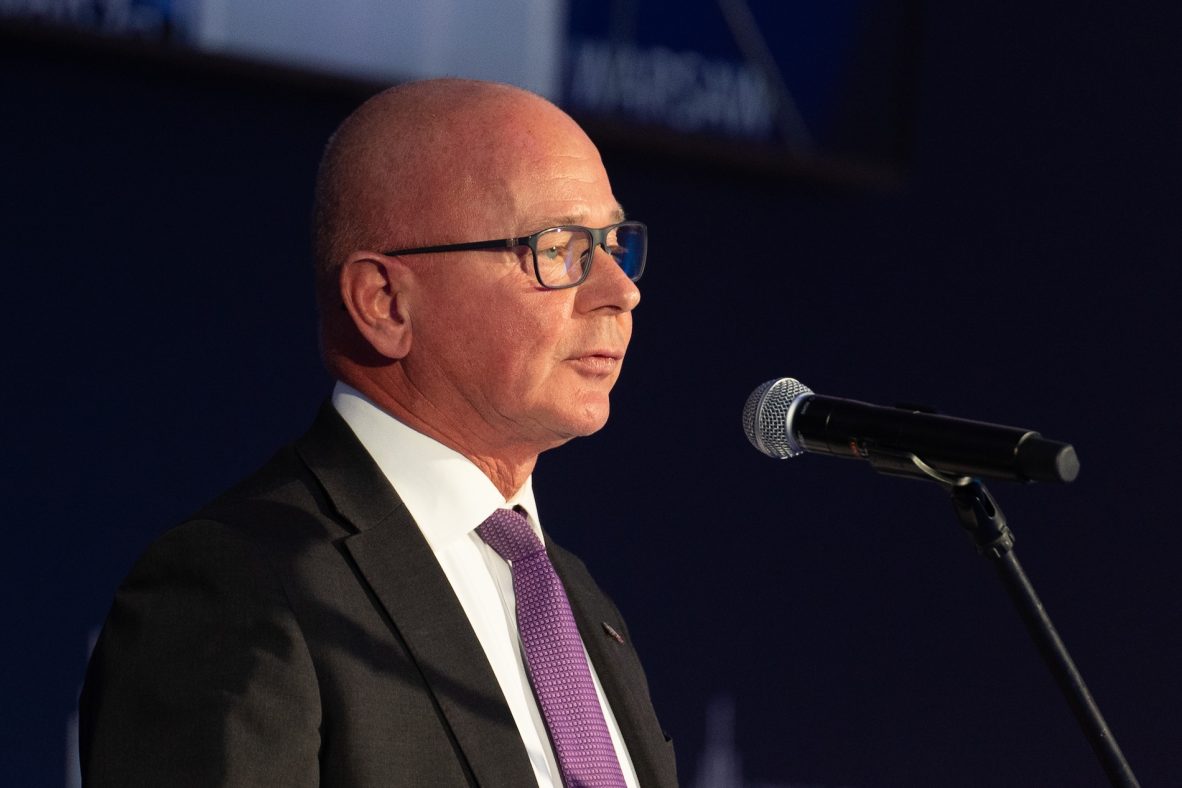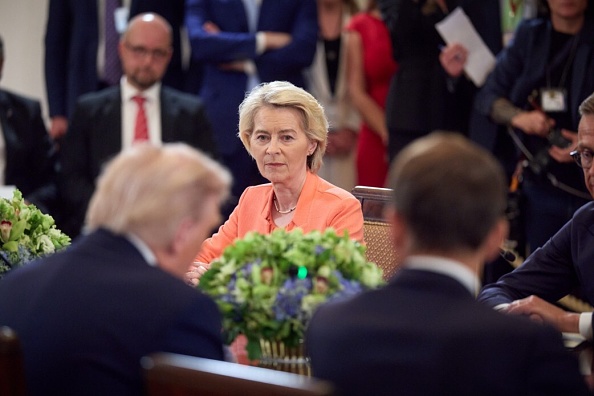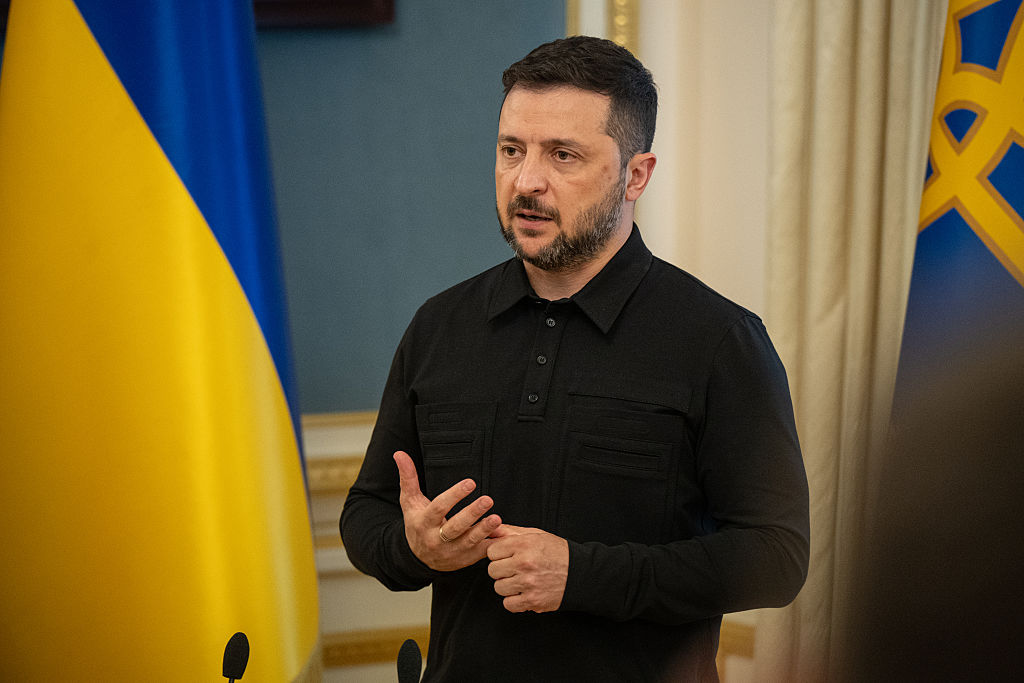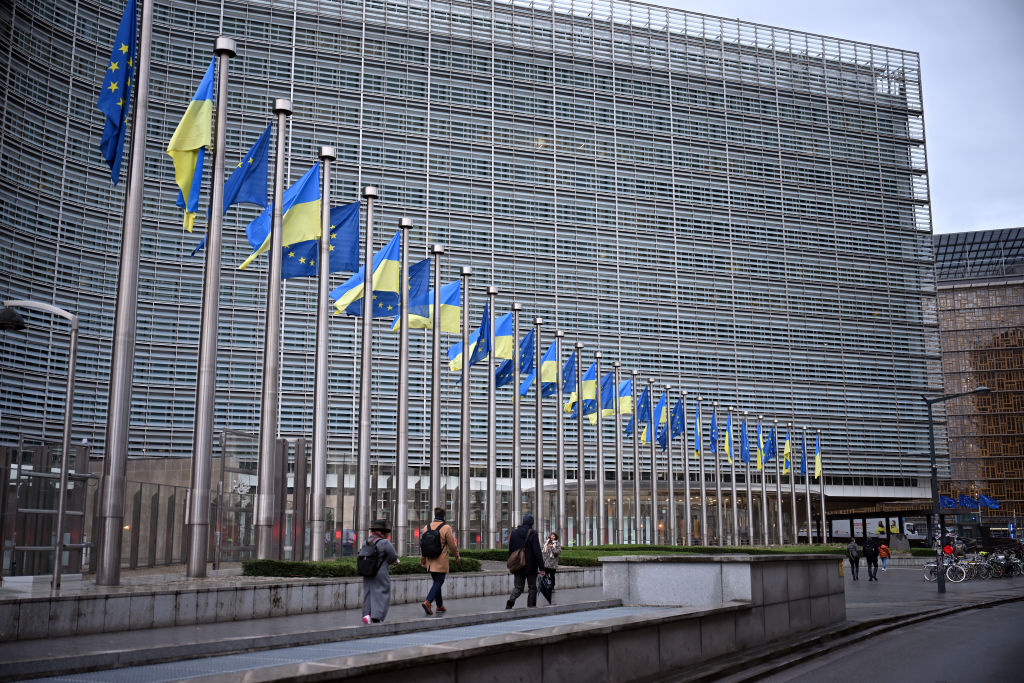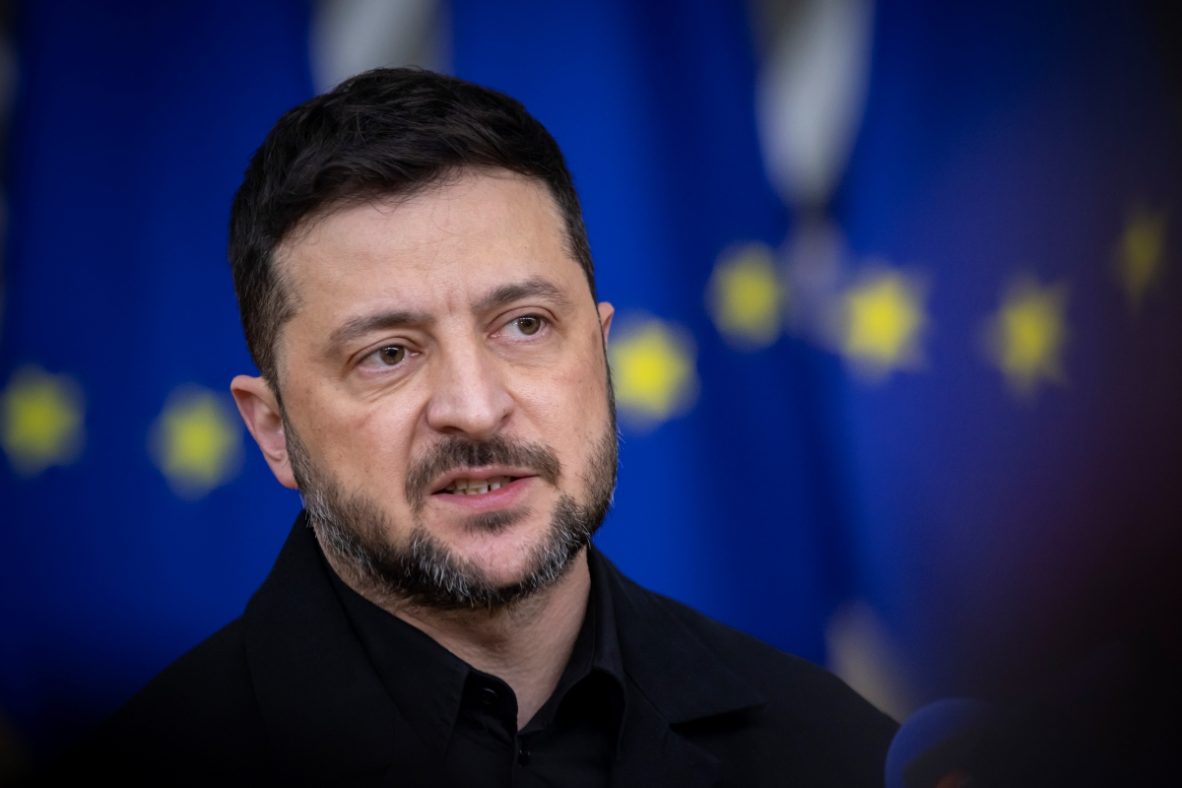Europe discovers De Wever is harder to convince than Trump
The prospect of sealing a €140 billion financial loan for Kyiv has been kicked back to December
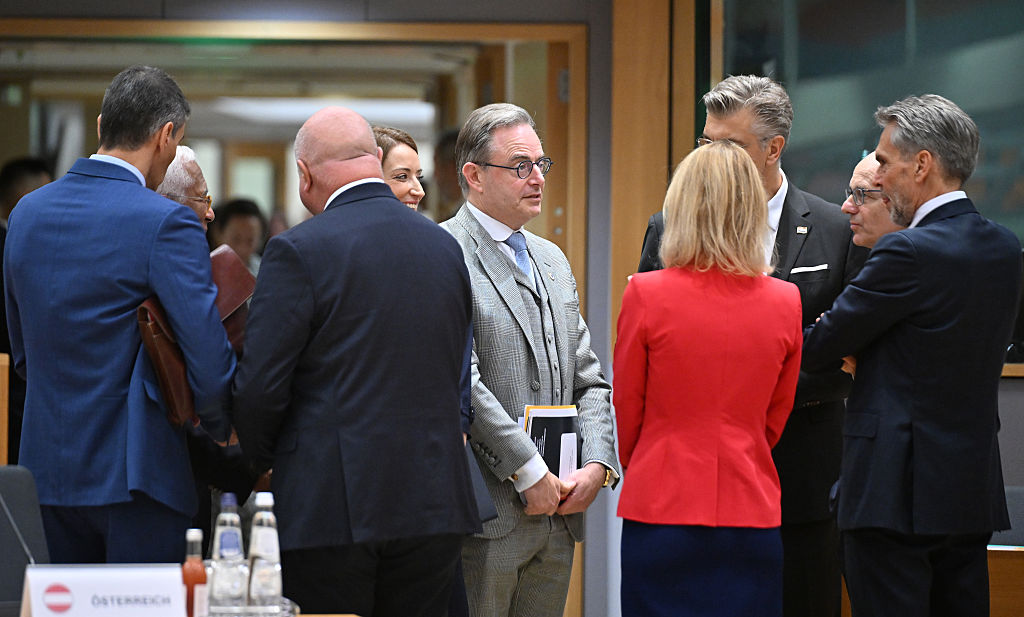
European leaders arrived at Thursday’s summit in Brussels buoyed by signs that Donald Trump was finally aligning with them on ending the war in Ukraine – only to be scuttled by a recalcitrant Flemish nationalist.
The prospect of sealing a €140 billion financial loan for Kyiv has been kicked back to December, after Prime Minister Bart De Wever immobilised the European Commission’s nascent plans by demanding that all countries share Belgium’s risk burden.
“I asked my colleagues: who is ready [for this]? This question was not answered with a tsunami of enthusiasm around the table,” he told journalists at the end of the night.
Just hours earlier, Trump had handed Brussels and Kyiv a significant victory by sanctioning two major Russian oil firms – a move that followed months of European diplomacy led by Commission President Ursula von der Leyen to persuade the US president to distance himself from Vladimir Putin and ratchet up pressure on Moscow to end the war.
EU leaders had also been encouraged by Slovak Prime Minister Robert Fico’s decision to drop his veto on the bloc’s 19th sanctions package against the Kremlin, and by the cancellation of a mooted Trump-Putin “peace summit” in Budapest.
But the mood quickly soured once it became clear that a €140 billion financial package for Ukraine – to be fashioned out of Russian sovereign assets frozen in Belgium – was the most intractable item on the agenda.
An early version of the agreed text had called on the Commission to present “concrete proposals” for the loan as soon as possible. But leaders watered it down in the final text, which merely requested “options for financial support based on an assessment of Ukraine’s financing needs.”
The final document made no mention of using immobilised Russian assets.
Earlier in the day, De Wever had laid out what he described as three non-negotiable conditions for his country’s support for the scheme: that all EU countries share the legal and financial risks of harnessing these assets, that they guarantee repayment to Moscow if needed, and that Russian assets located elsewhere in the bloc also be tapped.
“If these three demands, which are quite reasonable, I think, are met, then we can go forward. If not, I will do everything in my power … to stop this decision,” De Wever told reporters on the way into Thursday’s talks.
By the close of the summit, the EU’s two presidents, von der Leyen and Council President António Costa, bent over backwards to put a positive spin on what was effectively a failure to agree.
Von der Leyen claimed that a reparation loan remained the leaders’ main focus, even though the conclusions made no reference to it. “It was very clear in the discussion that if you look at options it’s … how to use the immobilised assets,” she said, while accepting that “potentially there are always other options.”
She also claimed that the word “options” referred to alternative ways of making the reparations loan workable.
“We agreed on the ‘what’ – that is the reparation loan,” she said. “We have to work on the how – how we make it possible.”
Stretching political reality further still, Costa maintained: “Nobody vetoed nothing today.”
“Ukraine will have the financial resources it needs to defend itself for the foreseeable future,” he said, adding that leaders should make a “final decision” at their next European Council on 18 December.
Volodymyr Zelenskyy, who was also invited to take part in the summit, sought to strike an optimistic note. “The dialogue was …. maybe not simple but it was very good,” he said, adding that he hoped to use the money from the loan to beef up Ukraine’s domestic weapons production.
De Wever told journalists: “We are the fattest chicken. But there are other countries with immobilised assets. None of them have been transparent.”
Nicoletta Ionta, Magnus Lund Nielsen, Kjeld Neubert, Aurélie Pugnet, Laurent Geslin, Elisa Braun, Jacob Wulff Wold, Charles Cohen, and Nikolaus J. Kurmayer contributed to this report.
(cz)




